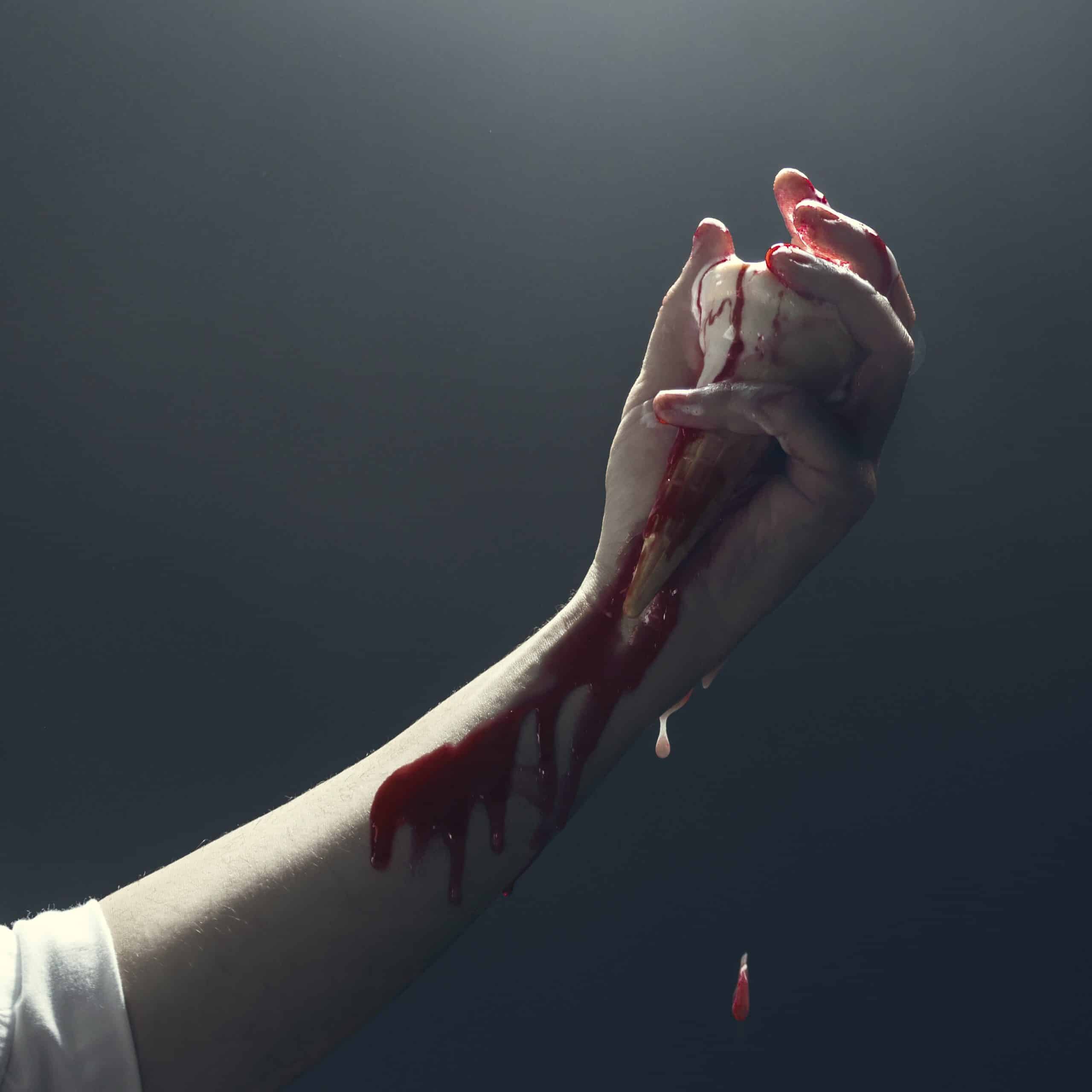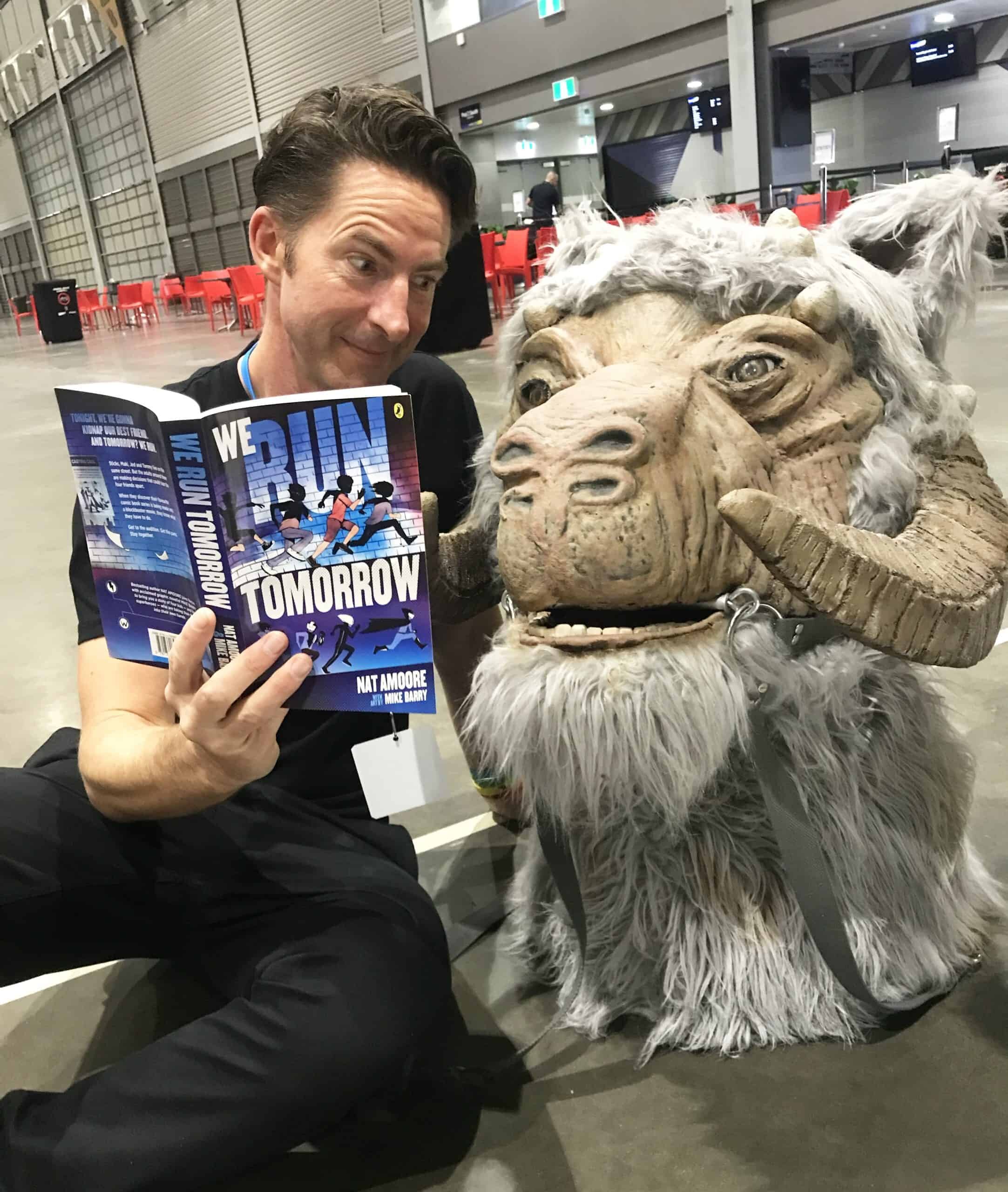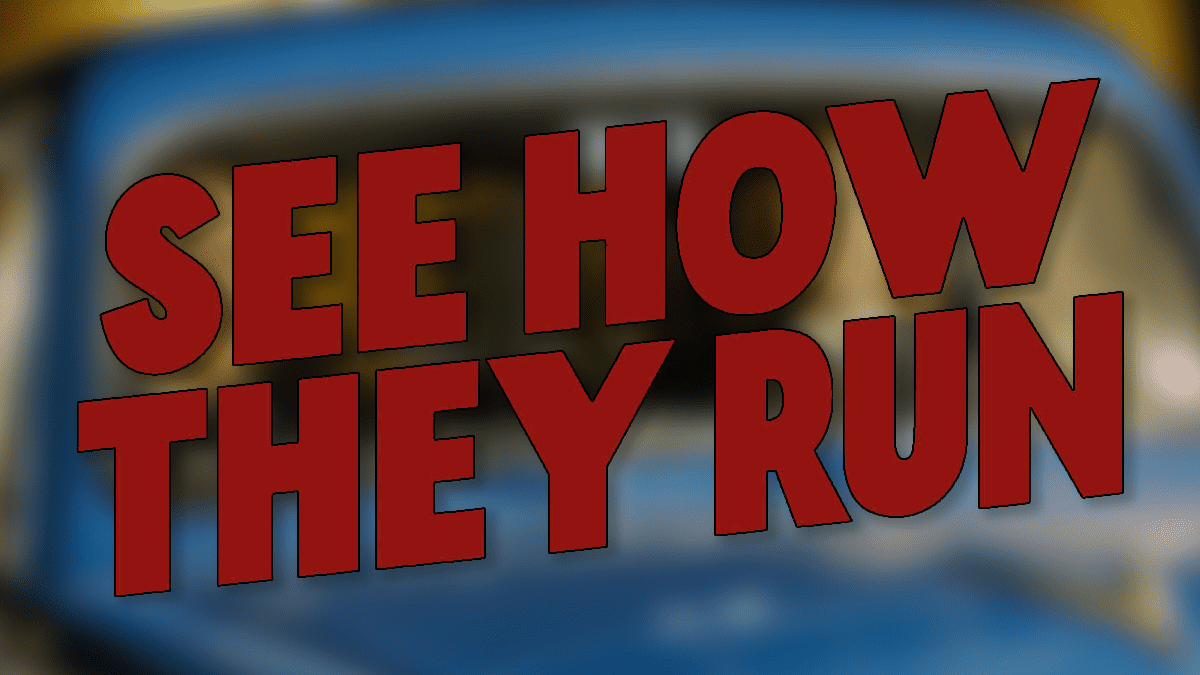Andrew Clemson talks Bete Noir
Recently I spoke with Andrew Clemson, creator of Star Bastard, Damsel from D.I.S.T.R.E.S.S. and Bete Noir, on my Podcast – My Kind of Weird. We spoke about a whole range of Pop Culture picks including the his evolution as a comic book writer from humble beginnings as the creator of the universe’s biggest douchebag in Star Bastard to writing a thoroughly enjoyable Superhero revenge story in Bete Noir.
To listen to the FULL INTERVIEW click HERE.
You’ve been writing a few comic books over the last couple of years. Where I first became familiar with you was Star Bastard, then you’ve done Bete Noir, which is on Kickstarter at the moment. Then there’s also Damsel from D.I.S.T.R.E.S.S. Where did the inspiration for Bete Noir come from?
Andrew Clemson: So first thing I did was Star Bastard which is just a big stupid throwback, action hero type guy. I put a little blurb in the back of that when I put it out on Kickstarter describing how it came about. And what happened was when I started writing, I think like most people that want to write their own stuff, I was like “I’m going to write the next watchmen. I’m the next big thing here comes my Alan Moore magnum opus or my Frank Miller.”
So I did this whole separate thing because I’m not a super talented writer like those guys. I found it very difficult. And at some point, I put it to one side and to blow off steam I did Star Bastard. And then that came. That was that was more fun. It was easier to get through.
Then after that came out I made friends with a writer in the UK called Matt Hardy, who’s the editor on this Bete Noir book. And we were talking about things we could work on together and I’ve got a script folder, like most people do, of in progress stuff. One of those was Bete Noir, which I’d done about four issues of, and it was very different to what it is now.
Matt is very good editor he went through and went “look, I’ll be brutally honest, this stuff’s really good but this stuff is just utter shit. You need to get rid of this, this is just tired, it doesn’t do anything for you, etc.” So we rejigged Bete Noir from this overambitious magnum opus thing, which would have taken about 100 issues to do, we trimmed the fat got it down to six issues. So it’s basically a revenge story setting up a world where there’s no more superheroes.
So you’ve got this guy who, for trademark reasons, is definitely not Batman – no matter how much you might think he is. He’s been killed off years ago with all the other superheroes and suddenly has somehow returned from the grave.
He’s brutally exacting his revenge on the people responsible for the way the world is. It’s a very different vibe to everything. Usually my stuff is like comedy. It’s quite light hearted, but Bete Noir is a lot is a lot darker.
It’s superheroes, which is always a very saturated market. So it’s a harder sell but we’re doing alright. We’ve got issues 1-3 on Kickstarter and there’s two more days left. But I think Matt will probably have Bete Noir on his website after the Kickstarter wraps up.

Is Matt Hardy your first experience of working with an Editor in the Comic Book writing Process?
Andrew Clemson: I didn’t have an editor on Star Bastard which you can tell. There’s no hand guiding everything to a certain direction. Due to a process of events Matt came on board, helped me out and became the editor. And because of my experience on that when I got to my next series, Damsel from D.I.S.T.R.E.S.S., I was I was adamant to have an editor involved. Just to make sure from issue one the story is going in the right direction.
Honestly, I’d never do a book again, without an editor involved from the beginning. Maybe if you’re more skilled a writer than than I am or if you’re able take yourself out of the situation and know what can be cut out and what can’t. But from my experience your books are your darlings.
You’ll think certain bits are amazing but you need to have someone else to look at things objectively. I wouldn’t wouldn’t touch a book without an involved editor again.
From Star Bastard to Bete Noir how would you say your comic book writing process has changed and evolved?
Andrew Clemson: Star Bastard literally was a first issue as a bucket list thing. A friend of mine from school died and I thought “if I dropped dead tomorrow, what do I want to do?” So I wanted to do comics as a kid, right? So I did, I did the first one purely as I want to get this out and say I did it. So I did one issue and it was it was just pure nonsense.
It was just big action, explosions, lasers and spaceships and then it did quite well. And then I did the second one on Kickstarter. Then after the second one Scout Comics picked it up. I was like: “Oh crap, now I have to do five or six of these.”
I think it’s quite evident that there was no big plan. There was no real overview of the story. It just progressed as it went. When I did Bete Noir, obviously we went back and changed it, it became what I’d learned from Star Bastard. That you really need to think about what was going to happen in your final issue when you were doing your first issue and so on and so forth.
So you can put things in there. Star Bastard was written just like a joke basically, from the onset, it then progressed from there whereas Bete Noir was written from the end backwards.
So I knew where the ending was going to be and I knew what the big twist would be. So I had to set that up so it’s been written the other way round. It’s an experience of having written something and then going back and changing everything so that it makes sense and make sure that it all flows. Where with Damsel from D.I.S.T.R.E.S.S.
I had an editor from issue one, Hassan Otsmane-Elhaou, who is a fantastic letter, editor comics journalist, took two issues I had written and combined them into one issue. So that’s three very different experiences of how I’ve plotted stories out but I think how I’ve done it with Damsel is how I will do it from here on out. If you’re if you know what you’re doing, you can definitely wing it issue to issue.

Bete Noire, which means “Black Beast,” is a French idiom referring to something that is strongly disliked or avoided. Was that purposeful?
Andrew Clemson: I know there’s a French term and that’s where we’ve taken it from. But if you put the proper French version on a book I that’s gonna put off English readers. Like you say, the French term boils down to a sort of bugbear, a personal gripe, your nemesis, that sort of of thing.
Once you read the series and go back it makes a lot more sense. It’s me trying to be super clever with that title but it has led to people going like, “why aren’t you putting the accents on the end?” Or they say “I’ve got a degree in French” but then it’s not French. At the end of the day, this is a comic about a guy who puts his underpants over his tights and goes around punching people on rooftops. It’s a superhero book so don’t try and overanalyze it. This is just a fun, noir revenge story.
Do you feel with the more Comics you release the easier your Pitches to Artists become?
Andrew Clemson: I think once you have books for someone to read it’s very easy for them to get a vibe for what kind of stuff you do and how well your stuff translates. It’s definitely been a lot easier for me to get interest from artists once I had books out.
With Star Bastard some people really love it and some people despise it. It’s very machismo and it’s very throwback. So with that I could interest artists who were into it but artists who didn’t still weren’t interested. It almost put some artists off.
But I’ve done multiple anthologies, I’ve got Star Bastard, I’ve got Damsel from D.I.S.T.R.E.S.S., so I can throw all of that to people. Then they get a vibe that he does a bit of bit of sci fi, a bit of noir superhero stuff, a bit of sort of fancy, and then they can go “okay, this looks like someone that puts out work and they’re able to focus on a project. It’s worth me putting my time in.”
That’s the other thing, if you approach an artist asking for their time and effort but if they don’t think you can commit to the project then they’re not going to be interested. There is a learning curve. It gets a bit easier to get people involved in your things as you do more work. It’s a bit of a catch 22 but that’s the nature of the game we’re in. You’ve got to make comics to make comics.
After reading Damsel from D.I.S.T.R.E.S.S. I got the feeling that there’s a lot writing maturity going on. You seem to have a bit more of an understanding around social nuances between characters rather than just fight scenes. Do you feel like you’re starting to get in your own head in terms of what works for you, what doesn’t work for you, where your strengths and your weaknesses are?
Andrew Clemson: Yeah Damsel is definitely the best thing I’ve ever done. The art is fantastic and Hassan is a genius. He’s able to guide your hand in a certain way and make sure everything makes sense. With that comic everything came from the name like a play on Man from U.N.C.L.E.
With Star Bastard it’s very machismo and there’s a level of toxic masculinity in there. So I wanted to get away from that and have something that was a bit more balanced with a strong female character. With my old stuff I’m aware of what doesn’t work or has has been problematic. I’m bringing that into the newest stuff. So if you read the first draft of Damsel it was quite like a female star bastard in a fantasy world.
She’s very much a smart arse and a confident character. But I’ve also made sure that it’s not all one liners and that there is a story underneath. You’ve got to think about who your audience is and make sure there’s something in there for everyone. I think this would be one comic book that passes the Bechdel test.
Want more ?
RELATED ARTICLES:
1. NOTTINGHAM’s David Hazan talks his Secret Weapon: Lady Marian
2. David Pepose on Roxy Rewind and Comic Inspiration
3. Emilee Shield and Balancing Multiple Cosplay Projects at Once







